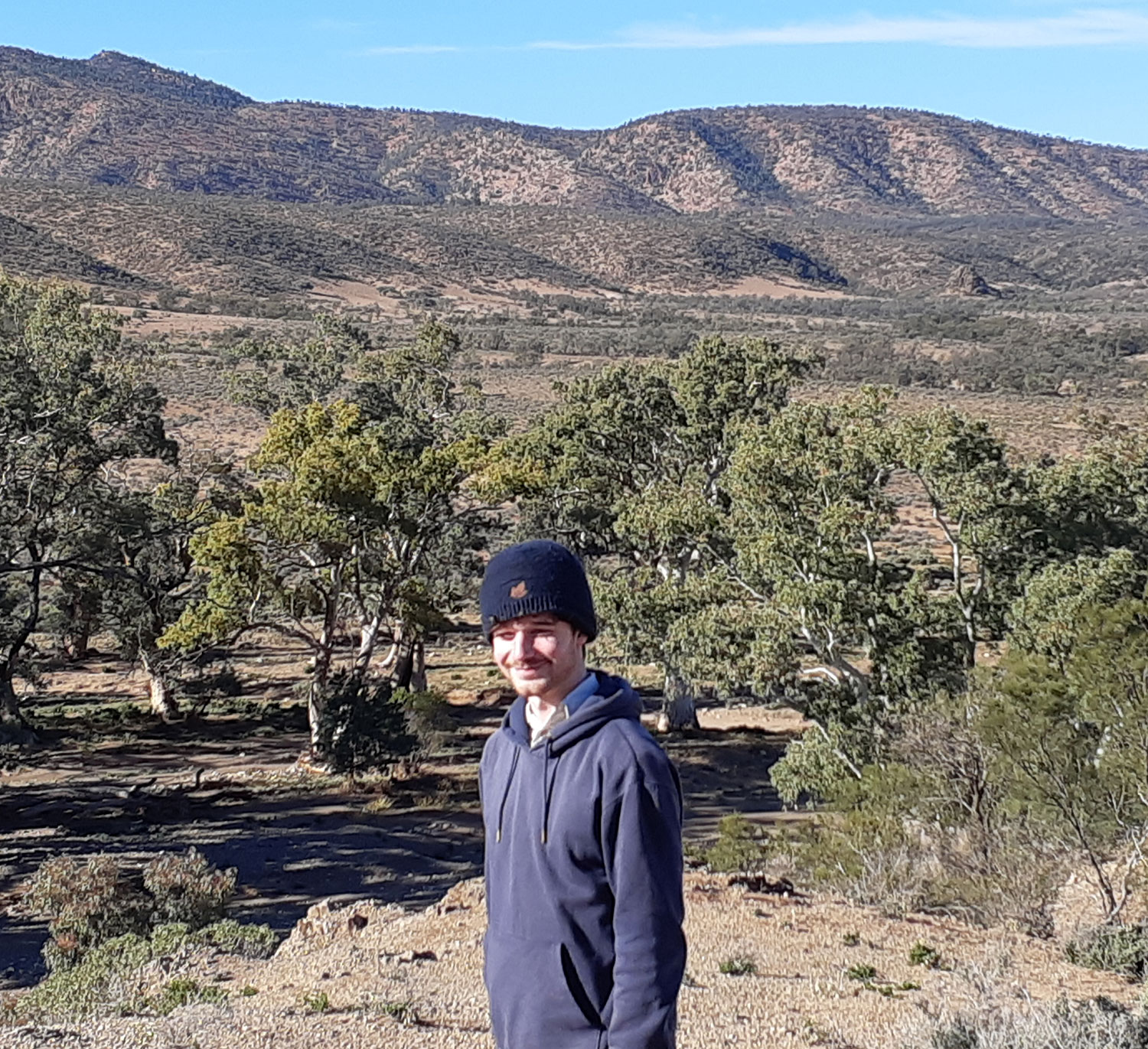
Give a general description of your studies.
I am currently undertaking a Bachelor of Science (Palaeontology). Palaeontology is the study of prehistoric life. It is multidisciplinary and involves the study of multiple fields of science. Courses in this degree generally focus on biology and geology. Research methods are also studied in this degree. In this degree, students will learn about how biological organisms work, the geological processes of the earth and the ways to go about researching these topics.
What excites you about Palaeontology? Why did you decide to go down this path?
I have always been interested in palaeontology and it has been my dream since I was a very young to study it. Helping to create a comprehensive analysis of earth’s history and discovering the wonderful creatures of the past is very exciting.
Why was Flinders the right choice? What makes Flinders stand out from other universities?
Flinders is one of the best places to study palaeontology in the world. Here, students can get hands on experience in the laboratory and field with some of the world’s greatest palaeontologists in some of the best sites. I chose Flinders as it had the most extensive resources to study this field of science in the country.
Describe your learning experience at Flinders; What key areas of your studies most excite you, or are stand outs due to the topic, the lecturer or other elements?
Participating in field trips and getting to work in the laboratory have been the best part of this degree. The course is well organised, and I am able to experience much of what it is like to be a palaeontologist and gain the relevant knowledge for my career. The demonstrators and lecturers in this course are very passionate about palaeontology and are excellent at teaching and inspiring students.
Describe the Flinders’ environment. What physical aspects of Flinders stand out?
Flinders has excellent places to study, socialise and learn. The Biology Discovery Centre and the Science Innovation and Learning Centre are particularly good places that facilitate engaged learning.
What practical placements or experiences have helped along the way?
There are many opportunities for someone undertaking a degree in palaeontology to gain practical experience. Course related field trips and laboratory practicals enable students to gain the relevant skills needed for their career. There are also other opportunities to gain experience working in the palaeontology laboratories at Flinders helping researchers.
Your future career plans. Where do you see your studies taking you?
I hope to go on to do an Honours project and then become a researcher.
Tell us why you would recommend studying Palaeontology at Flinders?
Flinders has excellent facilities that enable students to gain relevant connections and skills to aid them in their future career. There were many people that aided me during my studies that helped me ensure I had opportunities to advance in the field of my choosing. The laboratories and associated field trips helped me gain an understanding of what a career in palaeontology would entail and how I could work towards achieving my goals.
Any other thoughts?
I hope that the new interest in palaeontology at Flinders due to the introduction of the palaeontology undergraduate degree inspires further expansion of the palaeontology facilities and job opportunities in the field.

